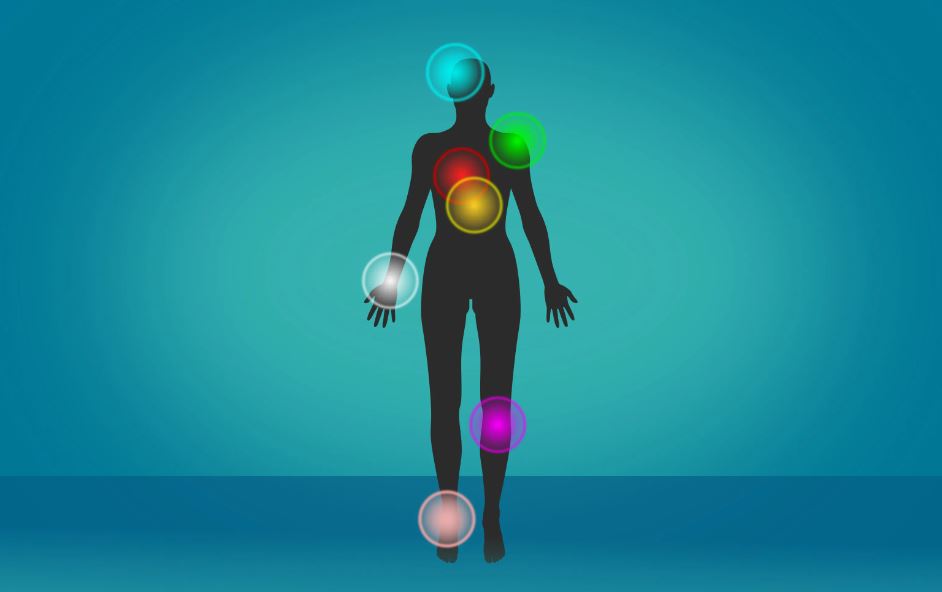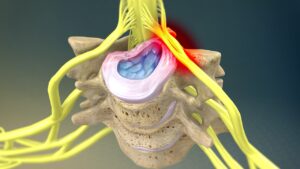Experts in chronic pain rehabilitation usually take both the patient’s pain and their other stressful issues into account when making treatment recommendations. Stressors like depression, anxiety, past trauma, sleep problems, persistent problems with concentration and short-term memory, financial difficulties, role loss in your occupation or family, loss of sexual and emotional intimacy in your relationship, and so on, can add a great deal of additional difficulty to your life. All of these issues are stresses since they raise anxiety levels.
When experiencing chronic pain, why is it crucial to address stressors? Many factors contribute to its significance; here we will focus on only two:
- If you can’t get rid of the stress, at least it lessens the difficulties it causes.
- Self-management of chronic pain requires stress reduction.
Living Beyond the Impact of Chronic Pain
Patients with chronic pain naturally prioritize pain relief. Some adjustments to your routine, including doing some light aerobic activity and some relaxation exercises every day, will help lessen your discomfort over time. Medications like tricyclic antidepressants and antiepileptics have been demonstrated to alleviate pain as well. However, the efficacy of these therapies is limited. Unfortunately, there are currently no highly effective therapies for chronic pain. There is no quick fix for Chronic pain experience. To a limited extent, there are things that may be done for chronic pain management, but they might not be effective in giving a permanent cure to it.
Since this is the case, focusing on the issues that causes the pain is preferable if the pain itself cannot be alleviated. Living a normal life while dealing with chronic pain is doable. There is a possibility of living with chronic pain and not being depressed. It is possible to get a good night’s rest despite suffering from chronic pain. With proper chronic pain management, full-time employment is feasible for those with chronic pain. Relationships may be joyful and intimate even if one partner suffers from chronic pain.
If you are teachable, you can learn how to self-manage chronic pain adequately to get over these ancillary issues. It may take time and effort to master such skills. Once you’ve learned how to make positive adjustments to your lifestyle, keeping those improvements going needs dedication. It’s not impossible.

The techniques taught to patients can be broadly categorized as “stress management.”
Stress management is an important part of self-managing chronic pain symptoms effectively. In spite of continuing discomfort, it is nevertheless a victory to triumph over depression. Sleeping soundly at night after a period of chronic insomnia improves quality of life, regardless of the presence or absence of chronic pain. If you’re married or have a family, you’ll find greater joy in life even if you have chronic pain by easing the tension in your relationships.
When there is no treatment for the pain itself, coping with life’s stresses might help the patient feel better. Some people experiencing chronic pain may be confused by the emphasis placed on identifying and addressing sources of stress throughout rehabilitation. In the absence of a cure, it offers a means of improvement. Instead of dwelling on the fact that your pain isn’t going away, put your energy towards finding ways to deal with the strain it’s putting on your life. Doing so enhances and simplifies your life.
By improving your ability to manage the pain, you can reduce its intensity and frequency. Pain, like every other aspect of life, becomes more manageable once you’ve conquered your sadness and anxiety. Tolerability increases. When you get a decent amount of sleep most nights, you have a stronger tolerance for pain and other unpleasant sensations. It gets easier to bear. The same holds true for the other unpleasant issues that come with dealing with chronic pain. Getting beyond these obstacles can help you deal with the pain more effectively in the future. By learning to manage stress, you may make formerly excruciating pain more bearable.
Chronic Pain Rehabilitation
When it comes to chronic pain management, chronic pain rehabilitation is the treatment that puts the greatest emphasis on assisting patients in overcoming the psychological and emotional challenges of dealing with pain on a daily basis. The stresses that arise as a result of pain are not addressed in the same way by the other modalities of chronic pain care – spine surgery clinics, interventional pain management clinics, and medication management clinics. Both are emphasized in effective chronic pain treatment regimens. They provide treatments for a wide range of mental and physical health issues, including depression, anxiety, sleeplessness, cognitive deficiencies, relationship issues, and disabilities, all with strong scientific support.
Coping with Stress and Chronic Pain
We have learned how conquering stresses associated to pain makes life simpler and better, even when you continue to experience chronic pain. We also observed how conquering stresses may lead to greater coping, which, in turn, makes chronic pain more manageable. Doing so, however, is vital for another reason: handling stress properly also lessens pain itself.
Whether it’s from sadness, sleeplessness, relationship or financial troubles, stress impacts us via its influence on the nerve system. Stress makes us tight and uneasy. Our muscles get stiff, particularly in certain places of the body – the low back, mid and upper back, shoulders, neck, head, forehead, and jaw are the most common areas. Over time, the persistently tight muscles might hurt and cause spasm. In other words, the continual stress that arises from chronic pain can generate chronic muscular tension, which, itself uncomfortable.
Chronic pain creates additional pain! It does so through the stress that it creates, which then stimulates the neural system and the chronically agitated nervous system leads to chronic muscular tension, which becomes painful in and of itself.

When understanding the impact of stress from this perspective, practically every chronic pain sufferer quickly understands it since they live it. They observe how stress influences their pain levels from their own experience.
Stress and its influence on the neurological system can aggravate pain through more direct methods too. It’s not merely the effect that stress has on muscular tension. It’s tougher to see from your own personal experience, though, and so you’ll have to rely on a more textbook-like explanation. Stress, particularly the continuous stress of difficulties that emerge as a result of chronic pain, causes alterations to the neurological system itself. These alterations occur in the spinal cord and brain and they result in changes in how sensory information is processed. An example of sensory information is pain signals that go from nerves in the body, via the spinal cord, and up to the brain; the brain then interprets this information and the perception of pain ensues.
It’s generally acknowledged that by addressing the chronically unpleasant difficulties that emerge as a result of living with chronic pain – such as sleeplessness, depression, anxiety, you can make some headway in reversing these alterations.
Last thoughts
In all, proper stress management is vital when it comes to successfully chronic pain management. There is only so much that can be done to reduce discomfort when you have chronic pain. The most effective medicines we have for chronic pain are at best only marginally or modestly useful at lowering discomfort. There is, however, no end to how skilled you may get at handling the pressures that occur from chronic pain. Even if you continue to suffer from chronic pain, there is hope for overcoming mental health issues that may be contributing to your suffering, such as depression, anxiety, sleeplessness, relationship difficulties, and so on. It takes time and effort to find solutions to these issues.
For more information on chronic pain symptoms, chronic pain resources or effective chronic pain treatment options, you should book a consultation session with a specialist at Chronic Therapy today, to give you professional advice that will suit your personal experience.


